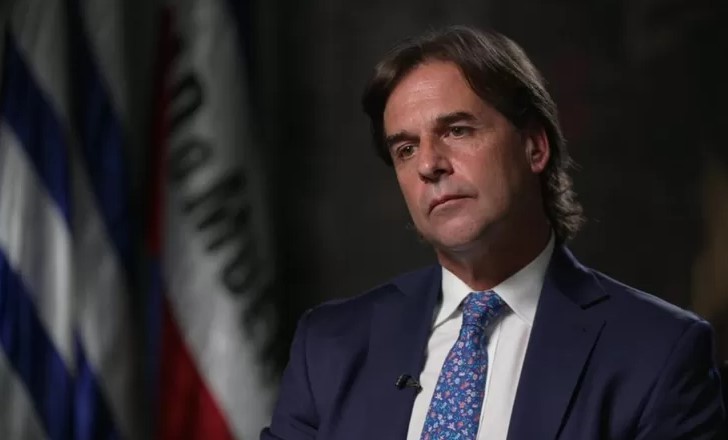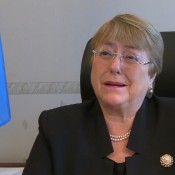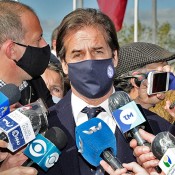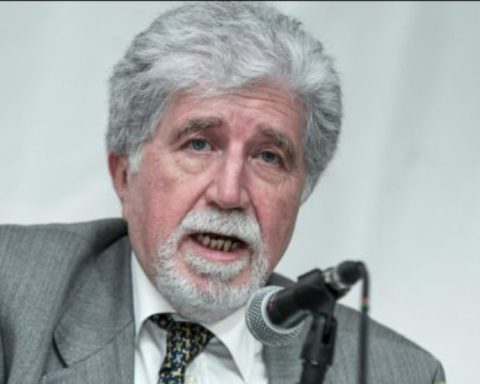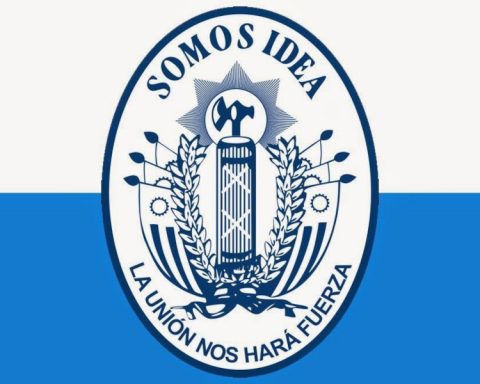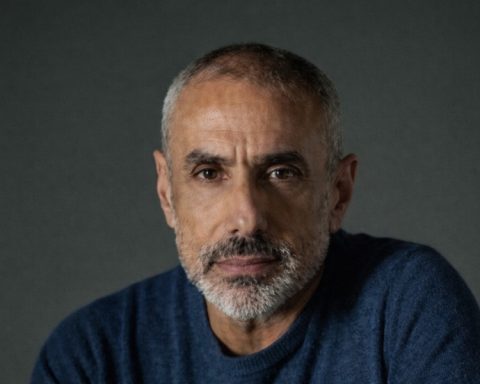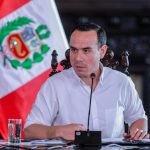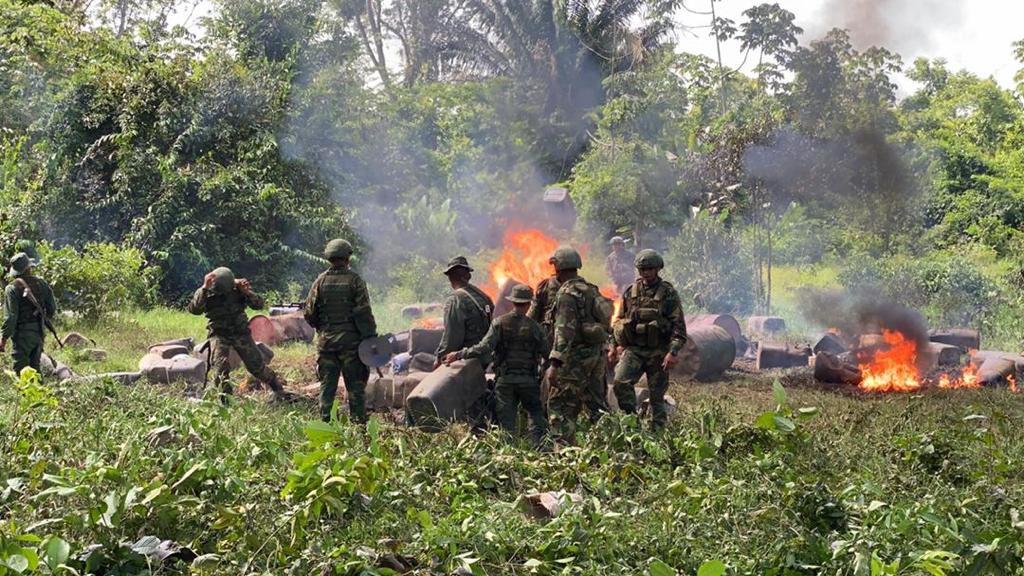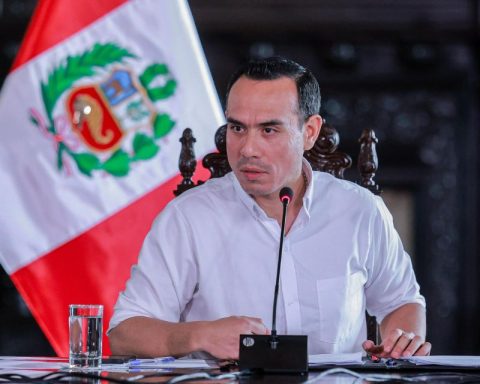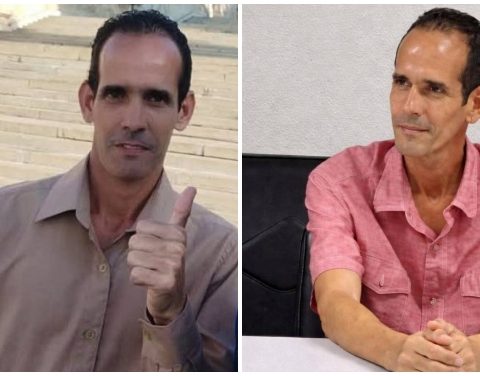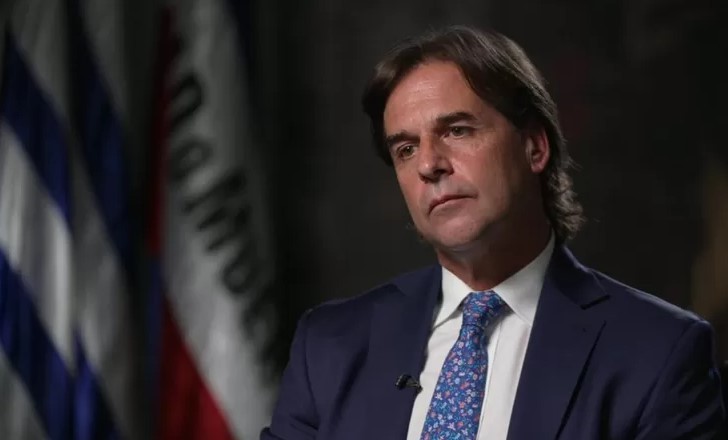
The President of the Republic, Luis Lacalle Pou, took advantage of his visit to the United Kingdom to visit the cameras of the British state broadcaster BBC, where he was interviewed by the experienced journalist Stephen Sackur on his program Hard Talk.
The communicator began by asking him how he feels leading a right-wing coalition in the middle of a continent that is de-radicalizing from the right to move towards the center-left. The president does not consider his coalition to be only From the right: “You have more to the right, center-right, center and center-left, so I have to balance between these five parties.”
In practice, the party that got the most votes was the National Party, right-wing and conservativefollowed by the Colorado Partywhich at a certain moment in history could have represented certain more centrist or even center-left sectors, but which today he is hugged in its hardest core to values and statutes right-wingers and he feels very comfortable governing with President Lacalle, who defines himself as a liberal and, as a legislator, voted against the most important progressive ideas (decriminalization of cannabis, legalization of abortion, same-sex marriage, etc). In the case of Town meetingits position is much clearer because its leaders, Guido Manini Ríos, Guillermo Domenech and Rivera Elgue are openly ultra-conservative and right-wing and so says the way they act publicly and politically in the Executive and in Parliament. The Independent Party, the last to contribute close to 1% of votes to the coalition, assures itself that it is a centrist social democrat, for which, none of the parties represented in the government is center-left or left.
On the international exchange with countries governed by political ideologies opposed to his, the president replied that “if I do international politics thinking about ideology, I will not move forward.”
He would later find himself with questions about human rights and international trade, and he maintained his position when the journalist questioned him about China and its attempts to advance with an FTA outside and outside of Mercosur. “When he sits down with Chinese officials and talks about deepening the trade relationship, signing an FTA, does he ever mention or worry about China’s human rights record? What they are doing, for example, to the Uyghur Muslim minority in Xinjiang province. Do you ever mention that with the Chinese?” Sackur asked.
“Not in the same meeting. But we have meetings about these things, what we were going to vote on or what we are going to say. At the UN, for example, we had meetings and obviously we did not align ourselves in the same place with China. And they know what we think,” she replied. The journalist picked up this thread again to state that, in his opinion, the Uruguayan government “is making a strategic decision to deepen its relationship with China. He doesn’t see the possibility of getting the same kind of preferential trade treatment in the United States, so he is putting his geopolitical eggs in China’s basket.”
“I lay my eggs where I can. That is what I have to do with my country, open my country. Today the United States government is not looking south. That is a problem for us. We would love to be balanced. Balanced with Europe, and now the United Kingdom”, and made it clear that he makes a separation between foreign trade and “human rights, ideology or whatever”.
He is willing to go all out with the FTA with China, and not give so much importance to the human rights violations pointed out against the government of President Xi Jinping.
China is governed by a communist system of unique political thought and with very low levels of freedom of expression and the press, according to organizers such as Reporters Without Borders, Human Rights Watch and Amnesty International, things that for the president can be left in the background when it comes to achieve trade with tax advantages.
Regarding Venezuela, he has another vision: “I believe that Maduro is not willing to call free elections. He is not willing to have a democracy in Venezuela”, he argued, and remarked that “of course” he is a dictator. “He entered Mercosur because our previous government had strong relations with (Hugo) Chávez and Maduro, then they fell out when they left Mercosur. It was not logical to have Venezuela in Mercosur”, he continued.
The rise of violence and civil liberties
Going internally, Sackur began by asking the Uruguayan president about his policies to reduce the growing crime in the country, which has led to unusual events and violent incidents that are unprecedented.
“I look at the growing number of homicides, gang crime, insecurity in Uruguay and (you) said ‘I’m going to fix it,'” the journalist asked. Lacalle replied that “you should also look at the percentage of other crimes. All other crimes, except homicides, fell”.
The statistics are conclusive: In just 11 days in May, the same figure was reached for the entire month of April 2021, when 16 cases had been raised. In the first week of May, 9 murders were reported and, in the first quarter of the current year, these types of events increased in relation to the same period last year.
The same figures from the Ministry of the Interior show that it is not true that all crimes fell “except” homicides, because until the beginning of May there had been 96 homicides, 6,463 robberies, 30,444 thefts, 272 cattle rustling (cattle theft) and 10,141 acts of domestic violence.
Domestic violence grew 11.20% and thefts grew by 3.20%. The robberies fell 6.30% and the theft of cattle 16.30%.
“So what happened to the homicides?” Sackur returned. “We are receiving a lot of pressure from drug trafficking. Lots of pressure. And the violence has increased. In this month of May, before the middle of May, we had more homicides than last May. We were recording the homicides. If you look at the long story from 5 or 6 years ago, the results were fine until the last three months.”
He said that he did not agree with the observations of the UN special rapporteur who criticized that the measures he wanted to take, under the Law of Urgent Consideration (LUC), do not comply with international human rights standards, placing special emphasis on the ways in which the police obtained new powers and in the way in which limits were placed on the right of assembly of Uruguayans (strikes).
“I don’t agree at all. That is not true. That is not an argument to say that people cannot meet or go to an assembly. What we, the law that we approved, says is that you cannot cut off a street, for example. People can go on strike, they can hold assemblies, but they cannot block a street or traffic.”
He added that now, in the era of the LUC, a large demonstration can be held “only if you ask”. “I am talking about illegal blockades, that you cannot enter an industry or that they do not allow other workers to enter work,” he added.
Sackur went on to say that “the powers and rights that unions have within the workplace in Uruguay have been curtailed”, to which Lacalle Pou quickly responded: “
Maybe what we did is, I think, fairness between the people who didn’t want to work and the people in the same place who wanted to work. People can go on strike, people can give their opinion, but the other people couldn’t work. To me, that is justice.”
